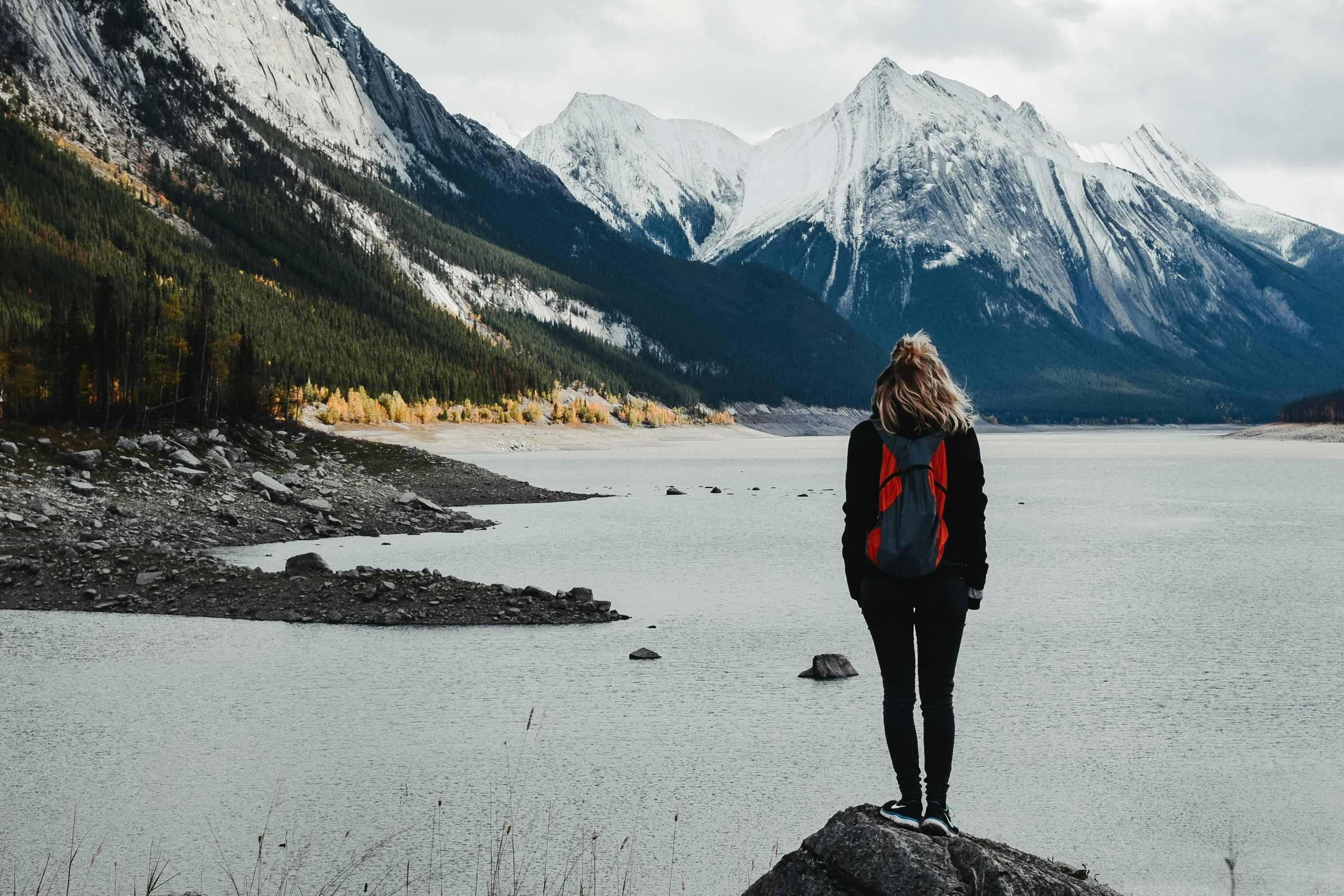
New Orleans, August 2005: “We’re on a rescue mission, dammit,” Lt. Gen. Russell Honoré barked at a soldier standing with a gun. It was a very tense and very hot August day in the South. General Honoré volunteered for the mission. He flew by helicopter from Georgia to Louisiana as soon as ordered. Wearing a black beret brandishing a military insignia with three silver stars that clearly indicated his status and importance, Honoré smoked a cigar as he coordinated efforts to rescue the citizens of New Orleans. He and only he was in charge of getting thousands of exhausted and sick women, children and men out of his flooded city. His imposing presence was only dwarfed by the daunting task at hand. He persevered to successfully coordinate the largest emergency evacuation of US citizens from his own place of residence, the city of New Orleans. Most never had the opportunity to meet and thank him. A missed opportunity in their fight to survive the monstrous aftermath of Hurricane Katrina.
Among Honoré’s active year assignments have been Commanding General, First Army; Commanding General, SJFHQ-HLS, US Northern Command; General Command, 2nd Infantry Division, Korea; Deputy Commanding General/Deputy Commandant, United States Army Infantry School and Center, Fort Benning, Georgia; and Assistant Division Commander, Maneuver/Support, 1st Cavalry Division, Fort Hood, Texas. He also served as Brigade Commander, 1st Brigade, 3rd Infantry Division, Fort Stewart, Georgia; and Commander, 4th Battalion, 16th Infantry Brigade, 1st Infantry Division.
He is from Pointe Coupee Parish, Louisiana. His birthplace (1947) is Lakeland, Louisiana, now called False River. Pointe Coupee Parish has the distinction of preserving its history as if frozen in time. The plantation houses are almost dilapidated and are scattered along the river bank. Mississippi. Sugarcane is still the predominant agribusiness here. If you drive to visit the birthplace of this Louisiana hero, you’ll pass field after field of sugar cane. Many of these rural residents migrated from the river parishes to New Orleans over the last 100 years to work and live. So they were Honoré’s people, his Louisianos. He knew the character of the people he was about to save.
Lieutenant General Russell Honoré volunteered because he well understood his Louisiana compatriots, their need, and the urgency to rescue them in their moment of bleak despair. Now, as a retired general and resident of this stricken state, he has taken up the cause of creating a ‘Culture of Preparedness’ in America. He has written a book, Survival, as a guide for future emergencies. He says, ‘one of the hardest lessons learned in recent disasters, especially Katrina, is that you are your own first responder.’
Congress should create a new shoulder sleeve insignia designed to honor the conspicuous response of General Honoré and his National Guard regiment; the Military Rescue and Evacuation Badge from New Orleans, Louisiana, August 2005. All agency first responders who served under his command are also required to receive a military emblem or military medal for endurance, patience, and outstanding service.